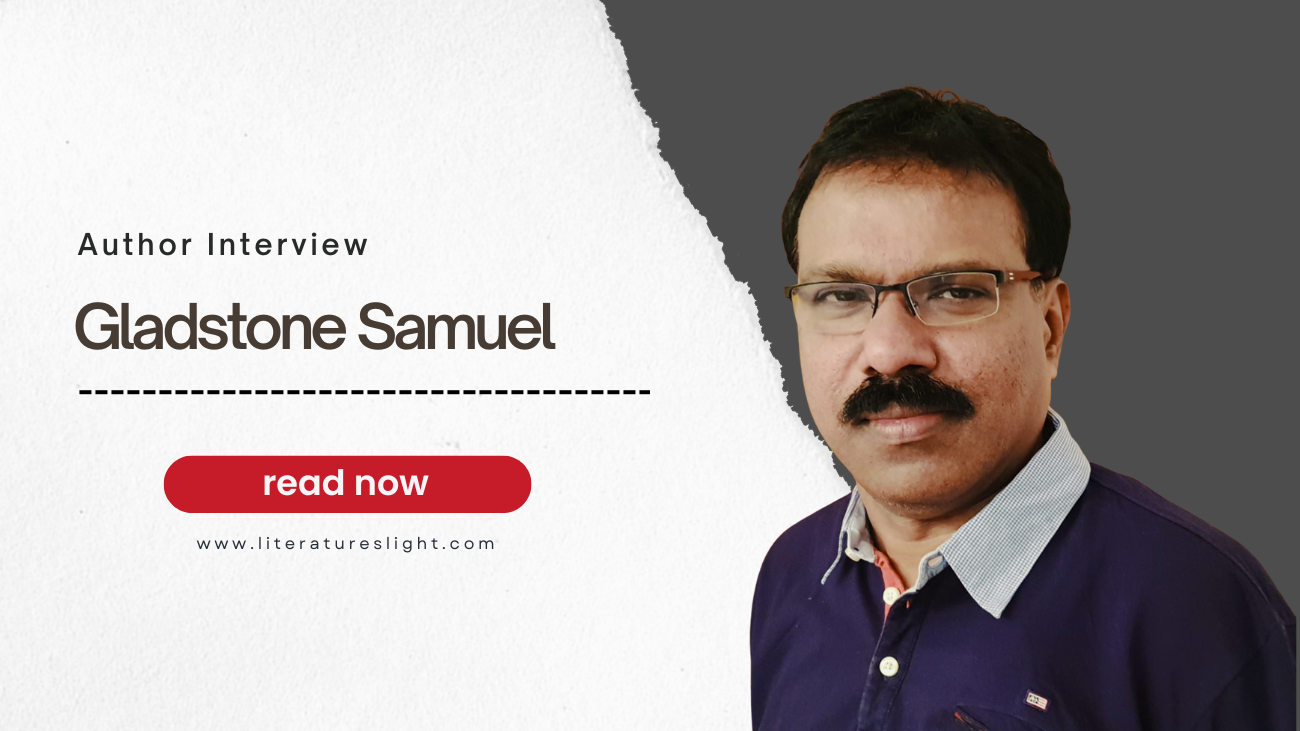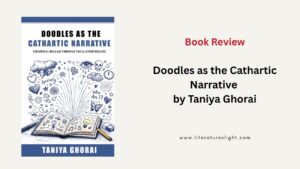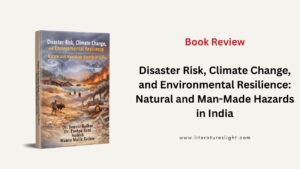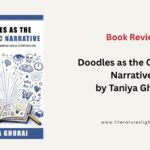In conversation with Gladstone Samuel
Interviewer: What sparked the idea for Echoes of a Quiet Heart? Did it start with one poem or a life moment?
Gladstone Samuel: I was walking through a frost-covered meadow early one morning. The sun was just breaking through the bare branches, and I stopped, really stopped. I realized how many moments like this I’d been rushing past in my busy life as a chemical engineer. That morning, I wrote my first poem about winter’s silence. The words just came. After that, I started noticing how life’s quietest moments teach us the most. That’s where this collection began.
Interviewer: What was one of the most surprising things you learned while creating your book?
Gladstone Samuel: My engineering background actually helped my poetry. I know that sounds odd. In chemical processes, you choose each element carefully because small changes can create big effects. Poetry works the same way. But what really surprised me was writing about my failures. In engineering, we fix problems and avoid mistakes. In poetry, I learned that our struggles hold the most honest beauty.
Interviewer: What does poetry mean to you? Why do you write? Be descriptive so our visitors understand your writing journey.
Gladstone Samuel: Poetry is where I breathe. After years in labs and meetings, dealing with formulas and data, I needed a different language, words for feelings that spreadsheets couldn’t capture. Nature became my teacher. I watch seasons change. I see wildflowers push through concrete. Rivers carve through stone with such patience. These natural rhythms calm my mind and refresh my soul in ways professional success never could.
Writing poetry lets me honor both sides of myself, the analytical engineer and the person who feels deeply. It’s my way of making sense of being human.
Interviewer: In your collection, you often highlight the ‘quiet moments’ of life. What do you hope readers take away from these reflections?
Gladstone Samuel: I want readers to see that ordinary moments hold extraordinary wisdom. A child’s laughter. An elderly person’s weathered hands. Morning dew on spider webs. We rush past these gifts every day. Life’s deepest lessons whisper, they don’t shout. I hope my poems help people slow down enough to listen. To find peace in simple things. To remember that the gentle moments often matter most.
Interviewer: Which poem in Echoes of a Quiet Heart is closest to your heart and why?
Gladstone Samuel: The poem about humility. I wrote it after a major project failure at work. I felt crushed. I was sitting by a small stream, watching water flow around rocks. The water didn’t fight the obstacles it simply found another way. That’s when I understood that real strength sometimes looks like yielding. Humility isn’t about making yourself small. It’s about knowing your place in something bigger. That failure taught me grace.
Interviewer: Did you face any challenges while transitioning from technical and strategic writing to creative expression through poetry?
Gladstone Samuel: The hardest part was trusting my gut over data. In engineering, everything needs proof, charts, calculations, logic. Poetry asked me to trust feelings instead. Metaphors instead of measurements. I had to unlearn the need to justify every line. It felt like learning to navigate by stars after years of using GPS, scary at first, but more connected to something timeless.
Interviewer: What advice would you give to other professionals who may wish to explore their creative side but hesitate to take that leap?
Gladstone Samuel: Start small. Give yourself fifteen minutes a day. You don’t need to quit your job or call yourself an artist. Your professional skills aren’t enemies of creativity, they’re tools. My engineering taught me discipline and attention to detail. Both help my poetry. Most importantly, creativity belongs to everyone. It’s not reserved for special people. It’s your birthright.
Interviewer: Any message for readers regarding the book?
Gladstone Samuel: This book is an invitation to pause with me. In these pages, you’ll find the tender moments that make us human, the ache of loss, the joy of connection, the wisdom in nature’s cycles. I hope these poems become quiet companions in your own reflective moments. You’re not alone in navigating life’s complexities. May these words help you find beauty in ordinary things, and strength in gentleness.
Interviewer: Can we expect more poetry collections from you in the future, or perhaps a book in another genre?
Gladstone Samuel: Poetry opened a door I never knew existed. But I’m also staying connected to my professional roots. I’m currently in the process of publishing a book on corporate governance in Indian startups. It might seem like a complete shift from poetry, but both books explore human nature in different ways. Poetry examines our personal struggles and growth. Corporate governance looks at how we build ethical structures in business. Both require understanding what drives people to make better choices.
Interviewer: Thanks for your time! It was a pleasure talking to you about your book. I wish you the best of luck for the future!
Gladstone Samuel: Thank you for these thoughtful questions. This conversation reminded me why I love this work. To anyone reading this, I hope Echoes of a Quiet Heart finds you when you need it most. May it encourage you to listen to the gentle wisdom around us. May we all learn to hear the profound in the quiet, and find poetry in the everyday moments that make life beautiful.






